#forest capture
Text
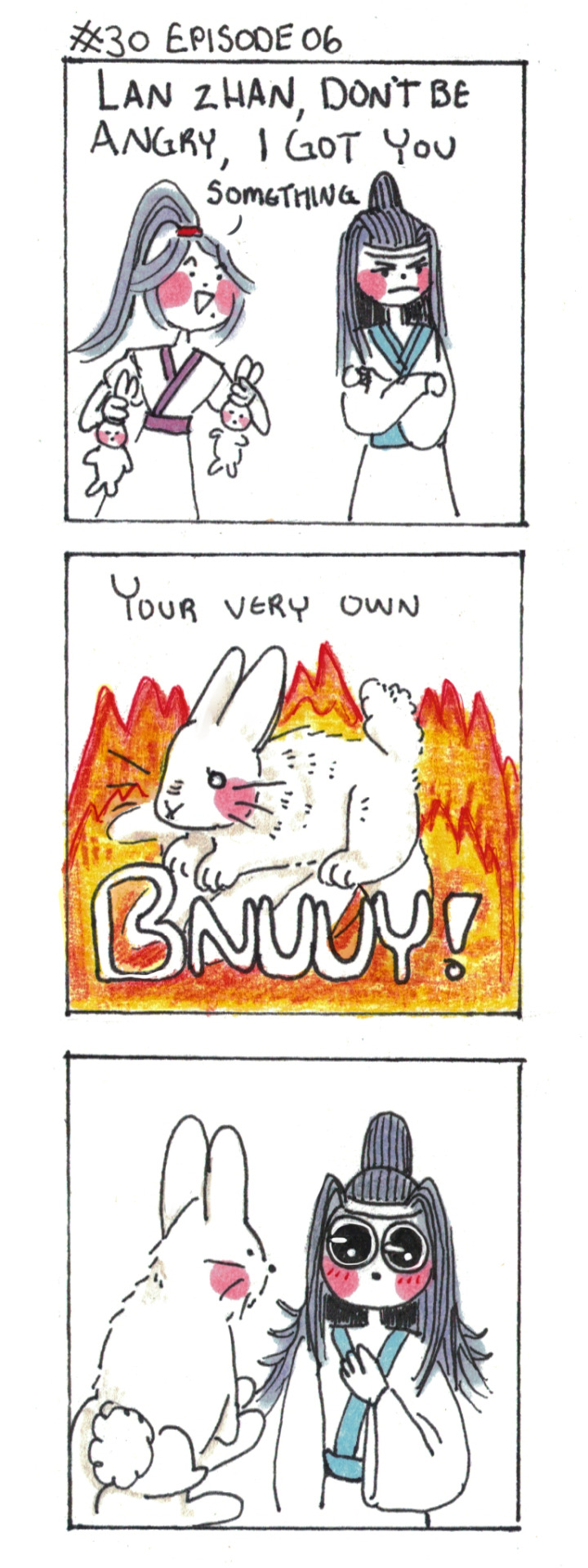
Acquire BNUUY
[First] Prev <–-> Next
#poorly drawn mdzs#MDZS#season 1#wei wuxian#lan wangji#Lwj's heart grew 3 sizes that day#I like to think that lwj has been a big bunny guy for years but due to the 'no pets rule' couldn't make his dream come true#that might be canon now that I think more about it#Get yourself a partner that runs wild in the nearby forests to capture juvenile bunnies for you without checking their sex#Get yourself a partner who breaks their stony masked face to look at you like they look at a bunny#This scene...man...go lwj for being a little more honest with what you want. It's hard; you have a lot of emotional maturity to catch up on#baby steps are still steps!
2K notes
·
View notes
Text
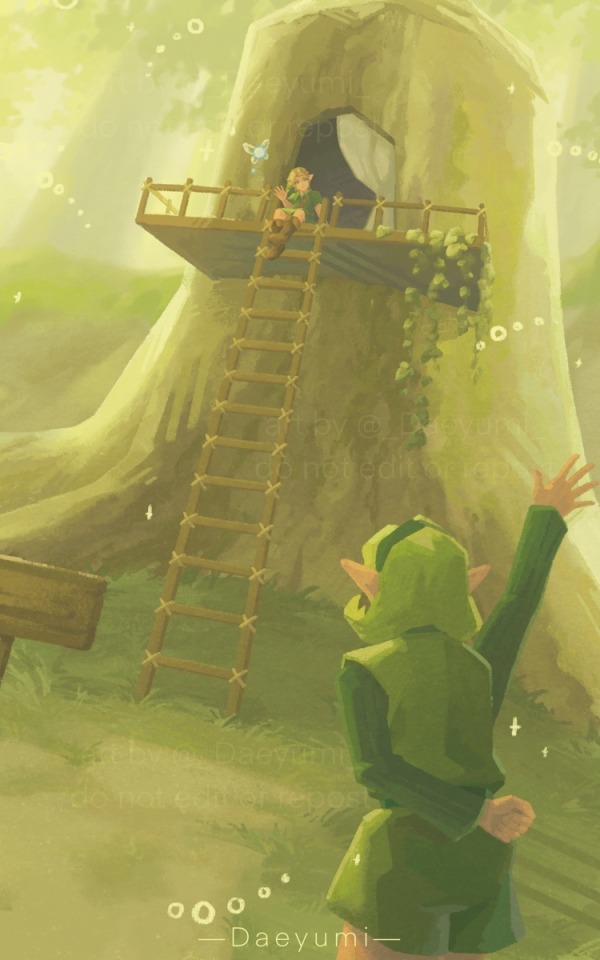
Memory of bygone days ☀️🌼🌻
[Linktober 2022 Day 11: Nostalgia]
#zelda#ocarina of time#Zelda OoT#zelda ocarina of time#linktober#linktober 2022#link#saria#legend of zelda#daeyumi art#zelda fanart#kokiri forest#i’m still pretty happy with this piece#i imagine a lot of ppl have a strong nostalgia for specifically the beginning of OoT like i do#so i wanted to draw something that captured the very first moments of link’s journey in a warm haze
901 notes
·
View notes
Text
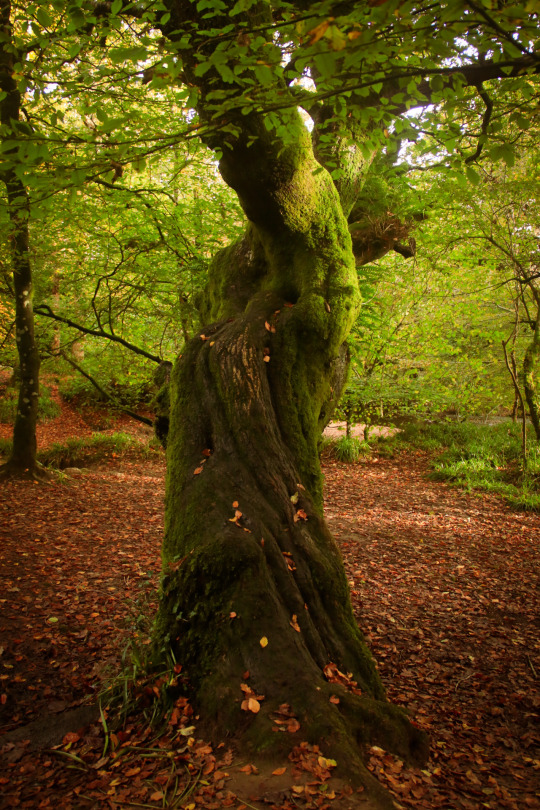
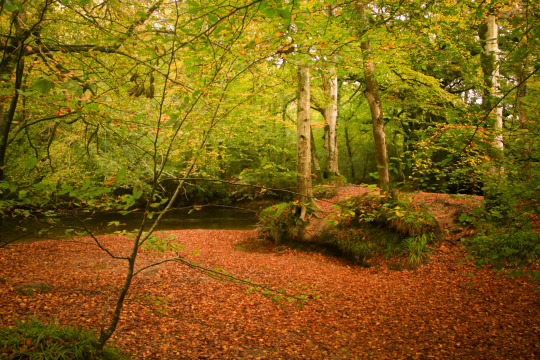
#texture#photographers on tumblr#nature photography#forest#cornwall#trees#bark#autumn#fall#capture#red leaves#explore#woodland#english countryside
492 notes
·
View notes
Text
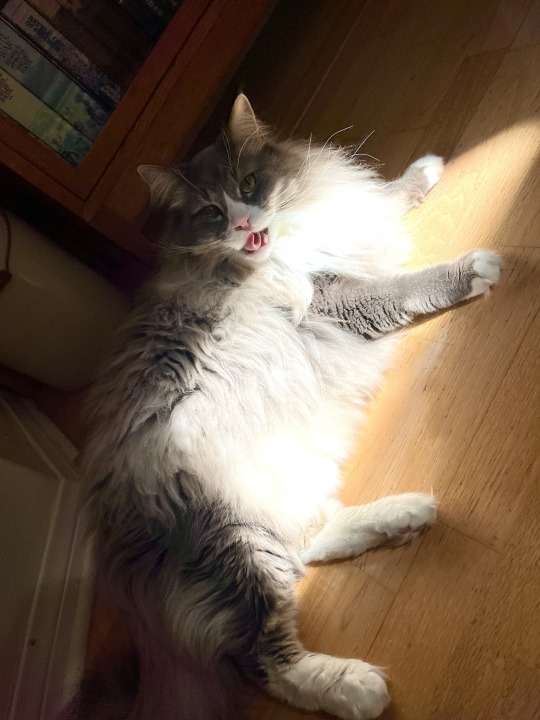
#taken about 30 minutes ago#how did I capture that moment lol#help me caption this#the TONGUE#obi wan#obi#obi wan kenobi#mostlycatsmostly#caturday#<3#mine#norwegian forest#fluffy#lizard cat#obadiah#tongue roll#fav#tumblr cats#cats of tumblr
250 notes
·
View notes
Text
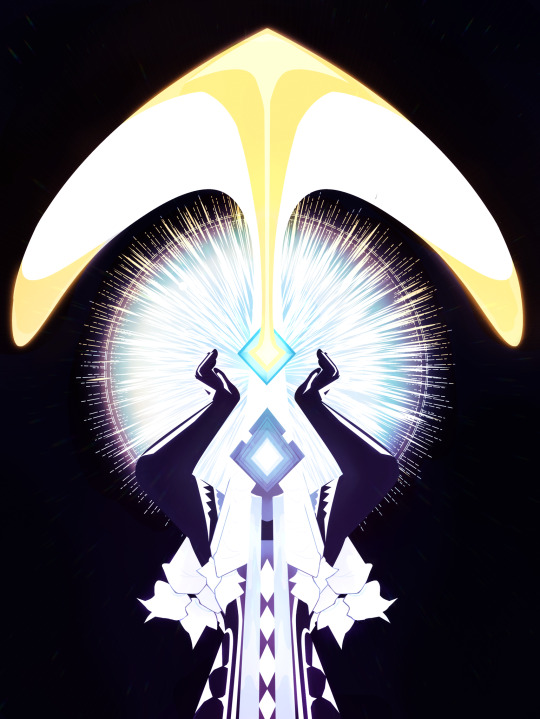
“May your blood be the stepping stone for our people.”
#hc inspired drawing for my ficverse! they’re already capturing mantas so might as well go one step further#a nessecary evil :)#sky cotl#sky: cotl#sky children of the light#sky cotl fanart#sky: children of the light#skyblr#sky elders#sky cotl art#forest elder#teth#that sky game#sky cotl elders#hidden forest#looking at this I wished I made the diamond a more ocean blue#oh well#tac art
1K notes
·
View notes
Text

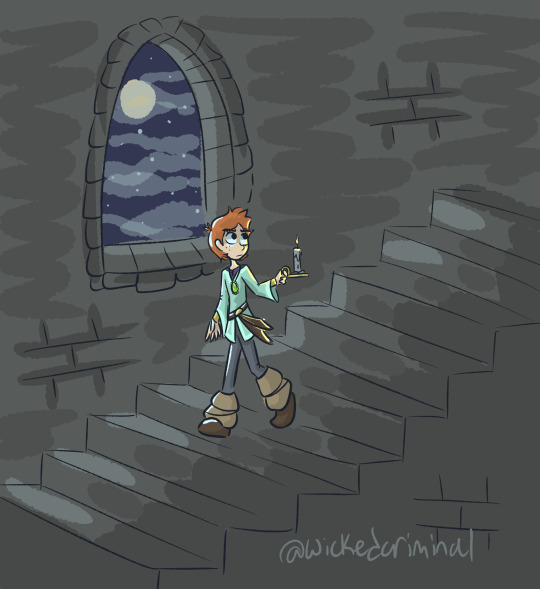
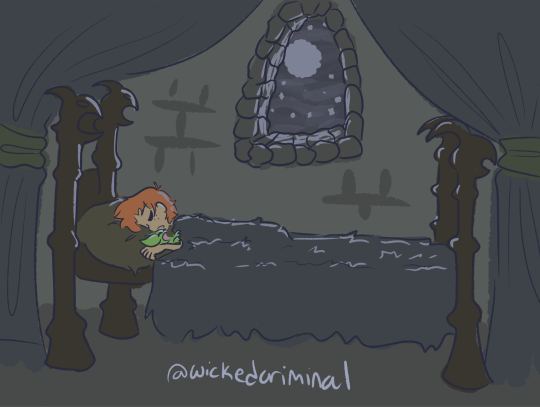

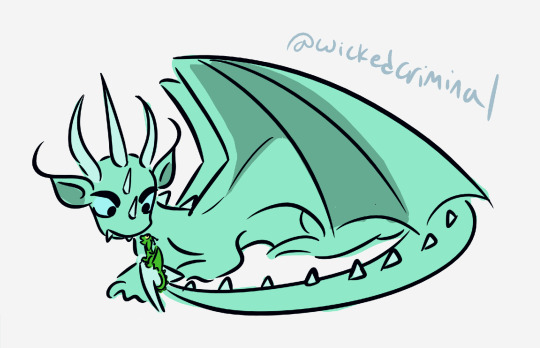
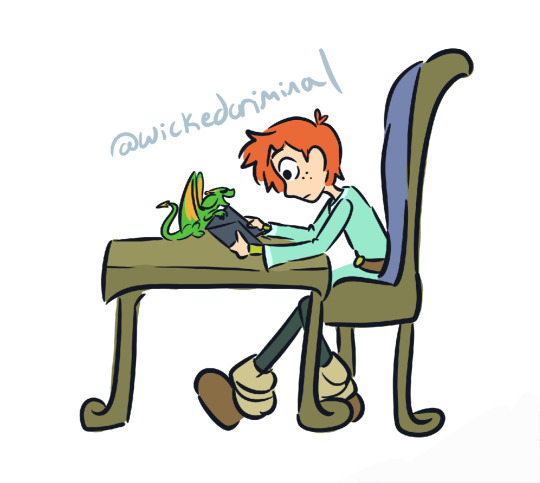
Some Last Dragon warm ups from ages ago!! I'd really like to come back to it at some point
#i wanted to give this au a desaturated blue-gray palette to capture the chilly dark fantasy vibe of the rankin bass movie#i want people to feel like they need to put on a jacket just looking at it#with hiccup's dragon form and later his tunic i decided on a ❄️frosty turquoise❄️ because forest green was too warm#i really like how it brings out his hair!!#the last dragon au#my art#httyd books#httyd book au
88 notes
·
View notes
Photo
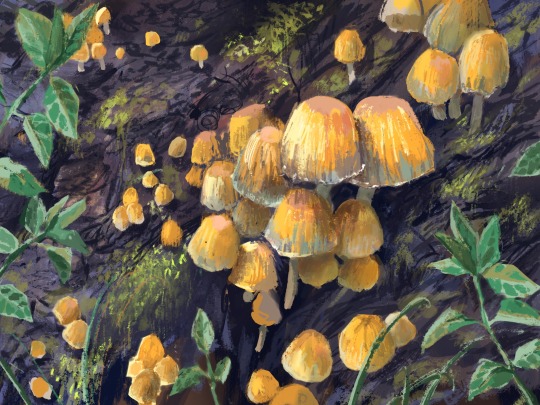
Life study painting of mushrooms on a burnt stump.
#there were so many#i only had an hour or two to capture them#and i couldn't get distracted by the nice moss#artists on tumblr#illustration#digital illustration#procreate#mushrooms#forest#moss#plant art
1K notes
·
View notes
Text
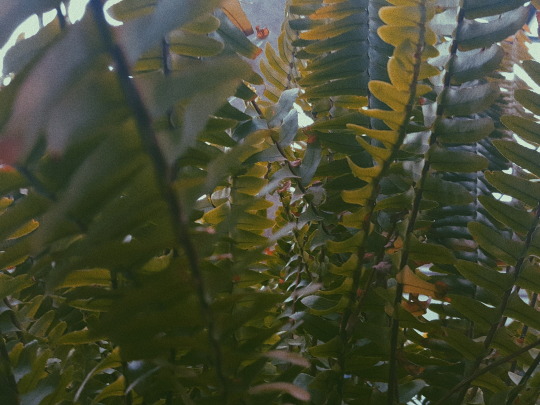
#original photographers#photographers on tumblr#photography#nature#beautiful photos#summer#aesthetic#phone photography#film look#film camera#35mm film#film photography#film#filmisnotdead#kodak film#moody aesthetic#vintage aesthetic#macro photography#macro captures#photooftheday#my photgraphy#photoblog#vintage#moody#forest#retro#picture#vscofilm#vsco#lightroom
26 notes
·
View notes
Text
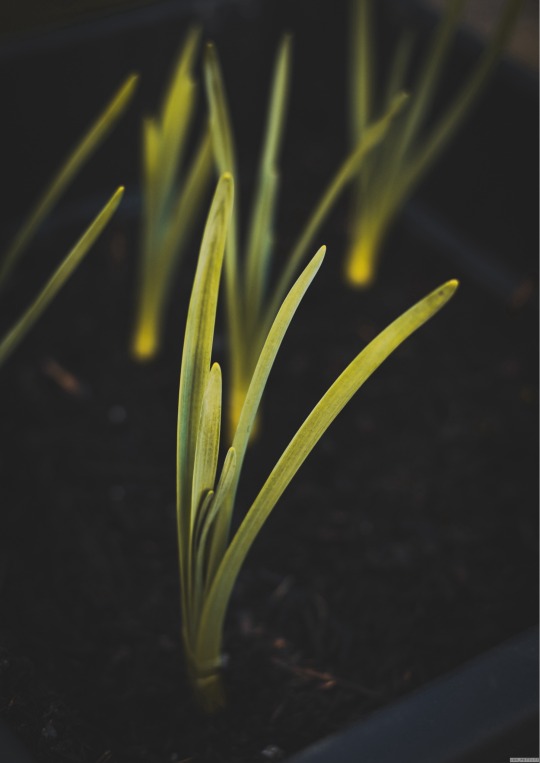
Follow me on Instagram: @heyitsjonphotos ( Link to my Instagram page is below 👇 📸 )
#photography#nature#travel#photooftheday#art#naturephotography#nikon#nikonphotography#photographers on tumblr#love#digital photography#original photographers#original art#macro captures#macrophotography#photographer#naturephotographers#nikon photography#nature photography#nikon5600#nikonpictures#wild#spring#beautiful photos#forest#hobby
30 notes
·
View notes
Text
#best childhood world#poll#i capture the castle#the quimby house#ramona#the forest territory#warriors#wayside school#the borrowers#amulet
29 notes
·
View notes
Text
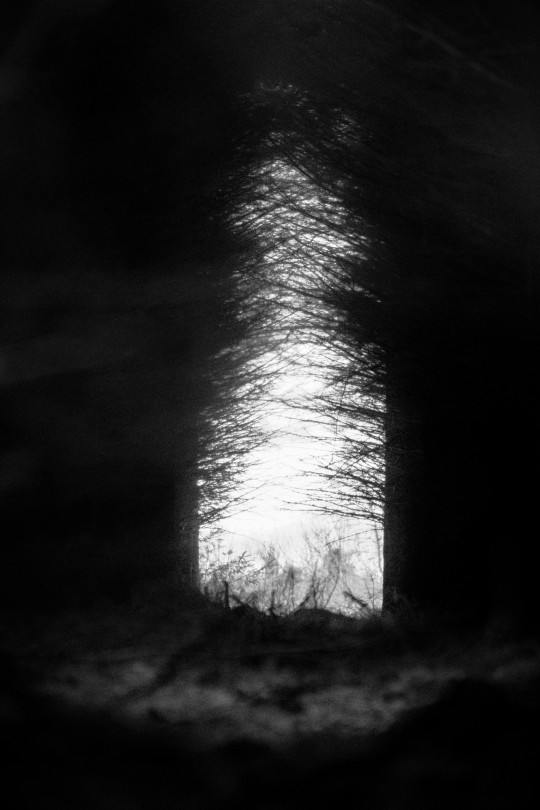
The light at the end
#light#shadow#forest#wykeham forest#outdoors#outdoor photography#conceptual photography#impressionist photography#black and white#black and white photography#monochrome#bw#bw photography#bnw#bnw photography#bnw landscape#bnw captures#photographers on tumblr#original work#original content#original photographers#all my own work#photography is my therapy#chiaroscuro
27 notes
·
View notes
Text

#photographers on tumblr#nature photography#cornwall#forest#nature#woodland#sunlight#reflection#river#valley#golden hour#photographers on Tumblr#canon#capture
2K notes
·
View notes
Text

Behold: Slatestorm aka Brian Laborn/ Grue
Born and raised in Shadowclan, mentored by his own father who happened to be kind of an abusive asshole. Spent most of his time training relentlessly and taking care of his younger sister. At around the same time that Foxtail (Lisa) left Shadowclan he did as well, over an event that had to do with his sister that he refuses to explain. He spent some time trying to make it with just the two of them, but ended up joining the Undersiders when he realized his sister was miserable and lonely (not him though!!!)
#poor guy#the scars are still from bonesaw#whom is a freaky little human girl who lives near the forest and sometimes tries to capture and hurt cats#worm#parahumans#brian laborn#grue#warrior cats
72 notes
·
View notes
Text
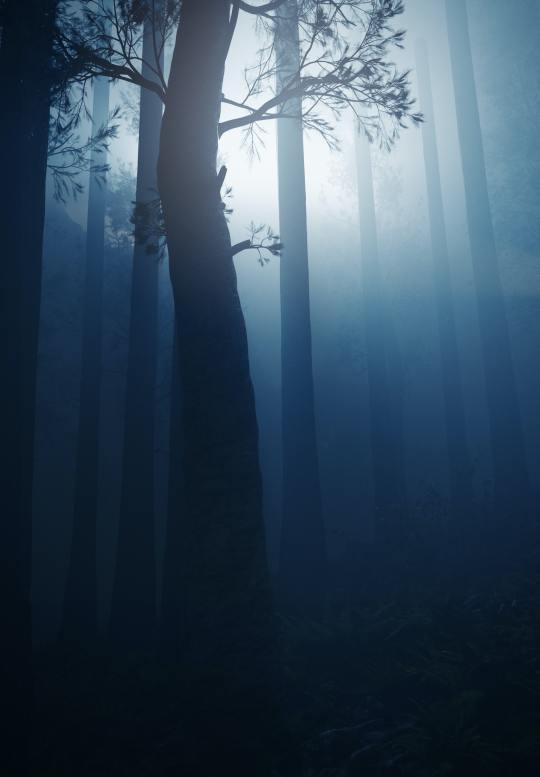
@ Nick Brunner
See more like this.
#tree#trees#forest#forestcore#blue#blue aesthetic#moody vibes#moody photography#dark and moody#moody captures#deep forest#dark forest#nature#naturecore#dark aesthetic#li_destinations#photography#curators on tumblr
141 notes
·
View notes
Photo
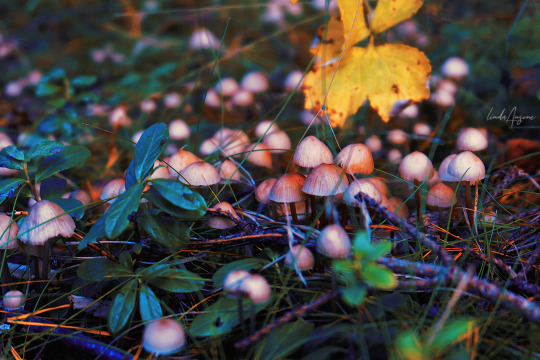
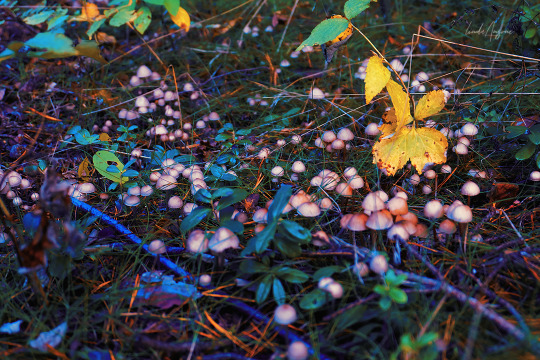
#mushrooms#fungi#mycology#mushroom photography#mycena#forest floor#nature#nature photography#original photography#photographers on tumblr#it's always so hard to capture mushroom colonies in photos#especially if they're growing in grass and it all looks like a mess#it's very lovely irl though
390 notes
·
View notes
Text
Lessons from a Global Ecological Restoration Conference
I know this is not the usual thing I post on here, but I wanted to gather my thoughts in a place I know that I'll check in the future. I hope that this is somehow useful for others and provides insight to work in this field.
1. Ecologists do have hope for the environment!
If there's one main takeaway I've had so far, it's that people working to restore and protect our natural habitats is that they have passion and a deep hope that their efforts will make a difference.
This field is full of so many challenges when it comes to funding and politics, so it was inspiring to see that despite present barriers people from all over the world are trying their hardest to make things change for the better.
2. This conference has set a precedent towards integrating and including the input from Indigenous and First Nations peoples internationally
The entire theme of the conference was to center and uplift voices of Indigenous people from around the globe who are working in habitat and ecocultural restoration.
This is exciting! Many countries do not have formal systems in place to allow Indigenous voices to be major informants and decision makers on projects that occur on their land. It has been and will always be important to include those who are traditional stewards of the land when considering any sort of restoration or land management decisions.
I cannot be sure what the results of this initiative will be. It is a small step in the right direction though and I hope that this conference created opportunities for connections, lessons, and more conversations in the future.
We all have a part to play in recognizing the First Nations Peoples who inhabit or inhabited our land in the past (this goes without saying that this applies internationally) and working toward a future that creates proper access to funding, land, recognition, reparations, and true reciprocity for Indigenous and First Nations Peoples.
If you have not yet invested time in learning, now is a better time than ever. Research your area, connect with community, and raise your voice to make a difference.
3. Collaboration is Key
Most talks I went to and projects I read about lived and died by their ability to collaborate with a diverse group of people who have stakes in each restoration project.
It works best when implemented early, if all groups are equally represented at all levels of decision making, and if factors like environmental outcomes and the human/social dimensions of planning are considered first before the financial.
The most successful projects in ecosystem restoration were only possible due to connections that spanned industries, cultures, generations, and modes of work.
If we want our planet to thrive we need to be willing to have everyone in the room so as many people as possible can have a hand in creating a better future.
4. Things are still an uphill battle
While many of the presentations I witnessed were hopeful and fulfilling, perhaps just as many lacked a positive or negative conclusion that could wrap everything in a neat bow. Navigating government systems, changing climates, barriers to accessible and affordable resources for restoration etc. are all things that impacted various projects discussed this week.
It's also without saying that governments themselves, the policies they hold, and the rates they pass legislation will always create a delay in working towards restoration of our environment in order to prevent further harm and degradation. This of course goes for most policy making (though I suppose it depends on the country).
Climate change still presents unprecedented challenges and will impact all aspects of our livelihoods. That being said, no one atteding suggested any of the efforts being made were futile. I know it can be challenging to see any bright future with the way climate change is discussed in the media so I want to approach this subject with some cautious optimism.
Beyond policies and politics specifically, it is clear that so many people care about and for the planet that we live on. So much so that I think that it can be taken for granted at times or looked over. Yes the science is bleak, yes the outcomes are scary, yes things are going to change no matter what. We still have time to determine the trajectory of that change.
Scientists, government workers, NGO workers, nonprofits, citizen scientists, and many more groups of people at this conference had a staggering sense of hope that was unexpected and so refreshing. As one of the presenters I watched said, "It's better that we at least try. If the outcome isn't ideal we can at least say we gave it a shot." and I think that's a beautiful way to approach any uncertainty. In this field or otherwise.
I would be happy to discuss my experiences more or elaborate on any points made. I put this together hastily at the end of the conference to make sure I didn't forget anything important.
#ecological restoration#restoration#ecology#forest ecology#juniper's ramblings#i feel like i have so much more to say but can't quite capture it or put it into words quite yet#climate change#climate optimism#science conference#science
39 notes
·
View notes